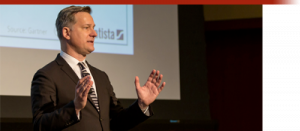Subscribe: Spotify | RSS | More
- Episode Transcript
- JRS EP31 – Forrest Landry on Building our Future
- JRS EP96 – Forrest Landry on Immanent Metaphysics: Part 1
- JRS EP109 – Forrest Landry on Immanent Metaphysics: Part 2
- JRS EP128 – Forrest Landry on Immanent Metaphysics: Part 3
- JRS EP134 – Forrest Landry on Non-Relative Ethics
- JRS EP153 – Forrest Landry on Small Group Method
- JRS EP181 – Forrest Landry Part 1: AI Risk
- JRS EP183 – Forrest Landry Part 2: AI Risk
Forrest Landry is a philosopher, writer, researcher, scientist, engineer, craftsman, and teacher focused on metaphysics, the manner in which software applications, tools, and techniques influence the design and management of very large scale complex systems, and the thriving of all forms of life on this planet. Forrest is also the founder and CEO of Magic Flight, a third-generation master woodworker who found that he had a unique set of skills in large-scale software systems design. Which led him to work in the production of several federal classified and unclassified systems, including various FBI investigative projects, TSC, IDW, DARPA, the Library of Congress Congressional Records System, and many others.



